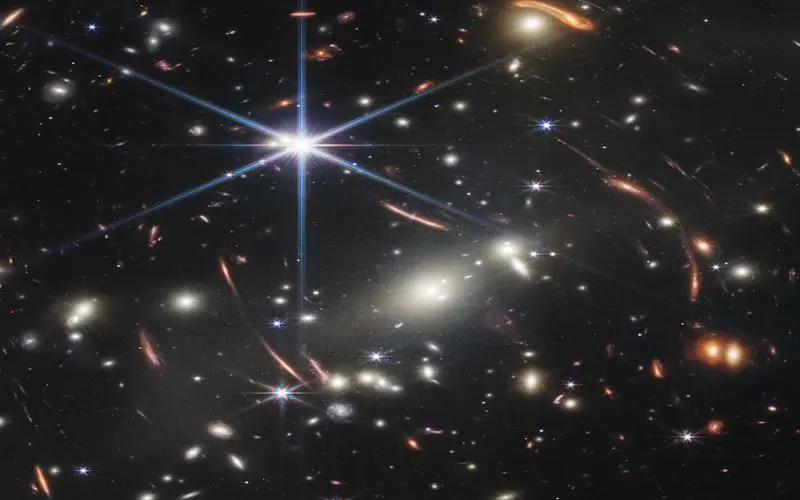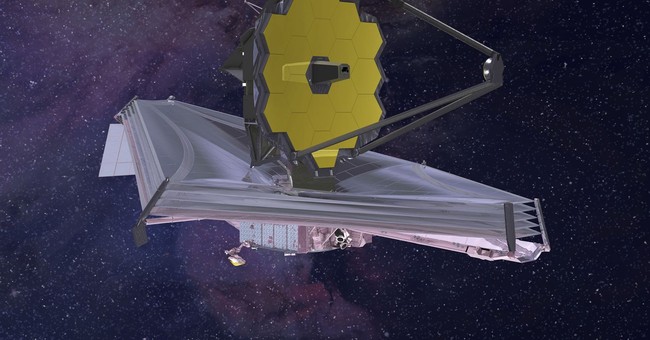Weatherman2020
Diamond Member
The idea that all the matter in the known universe had once existed in the form of a particle the size of “nothing” is taking a beating.
To everyone who sees them, the new James Webb Space Telescope (JWST) images of the cosmos are beautifully awe-inspiring. But to most professional astronomers and cosmologists, they are also extremely surprising—not at all what was predicted by theory. In the flood of technical astronomical papers published online since July 12, the authors report again and again that the images show surprisingly many galaxies, galaxies that are surprisingly smooth, surprisingly small and surprisingly old. Lots of surprises, and not necessarily pleasant ones. One paper’stitle begins with the candid exclamation: “Panic!”
Why do the JWST’s images inspire panic among cosmologists? And what theory’s predictions are they contradicting? The papers don’t actually say. The truth that these papers don’t report is that the hypothesis that the JWST’s images are blatantly and repeatedly contradicting is the Big Bang Hypothesis that the universe began 14 billion years ago in an incredibly hot, dense state and has been expanding ever since. Since that hypothesis has been defended for decades as unquestionable truth by the vast majority of cosmological theorists, the new data is causing these theorists to panic. “Right now I find myself lying awake at three in the morning,” says Alison Kirkpatrick, an astronomer at the University of Kansas in Lawrence, “and wondering if everything I’ve done is wrong.”

 iai.tv
iai.tv
To everyone who sees them, the new James Webb Space Telescope (JWST) images of the cosmos are beautifully awe-inspiring. But to most professional astronomers and cosmologists, they are also extremely surprising—not at all what was predicted by theory. In the flood of technical astronomical papers published online since July 12, the authors report again and again that the images show surprisingly many galaxies, galaxies that are surprisingly smooth, surprisingly small and surprisingly old. Lots of surprises, and not necessarily pleasant ones. One paper’stitle begins with the candid exclamation: “Panic!”
Why do the JWST’s images inspire panic among cosmologists? And what theory’s predictions are they contradicting? The papers don’t actually say. The truth that these papers don’t report is that the hypothesis that the JWST’s images are blatantly and repeatedly contradicting is the Big Bang Hypothesis that the universe began 14 billion years ago in an incredibly hot, dense state and has been expanding ever since. Since that hypothesis has been defended for decades as unquestionable truth by the vast majority of cosmological theorists, the new data is causing these theorists to panic. “Right now I find myself lying awake at three in the morning,” says Alison Kirkpatrick, an astronomer at the University of Kansas in Lawrence, “and wondering if everything I’ve done is wrong.”

The Big Bang didn't happen | Eric Lerner
The Big Bang Hypothesis - which states the universe has been expanding since it began 14 billion years ago in a hot and dense state - is contradicted by the new James Webb Space Telescope images, writes Eric Lerner.
